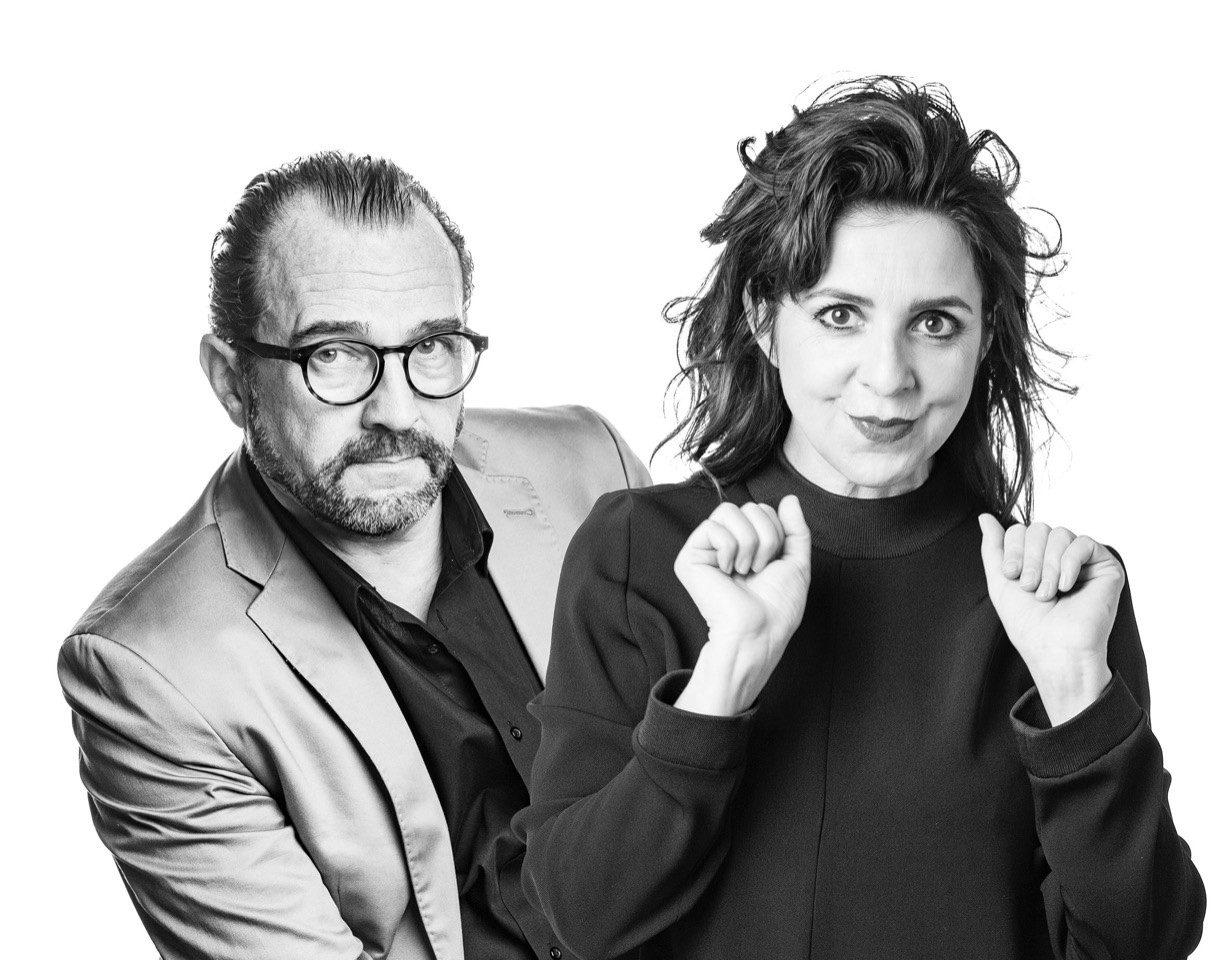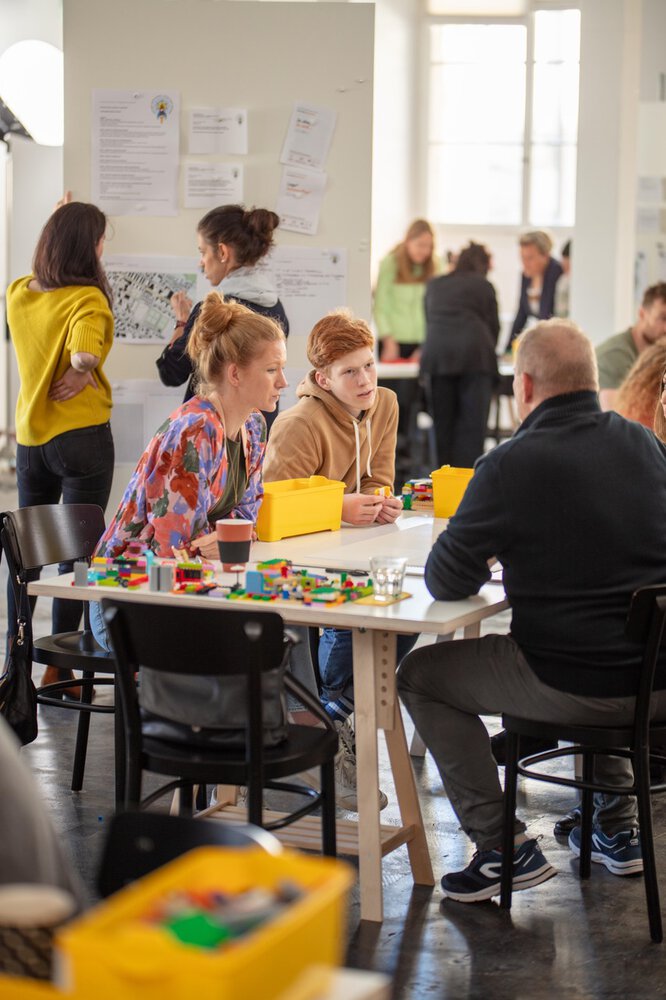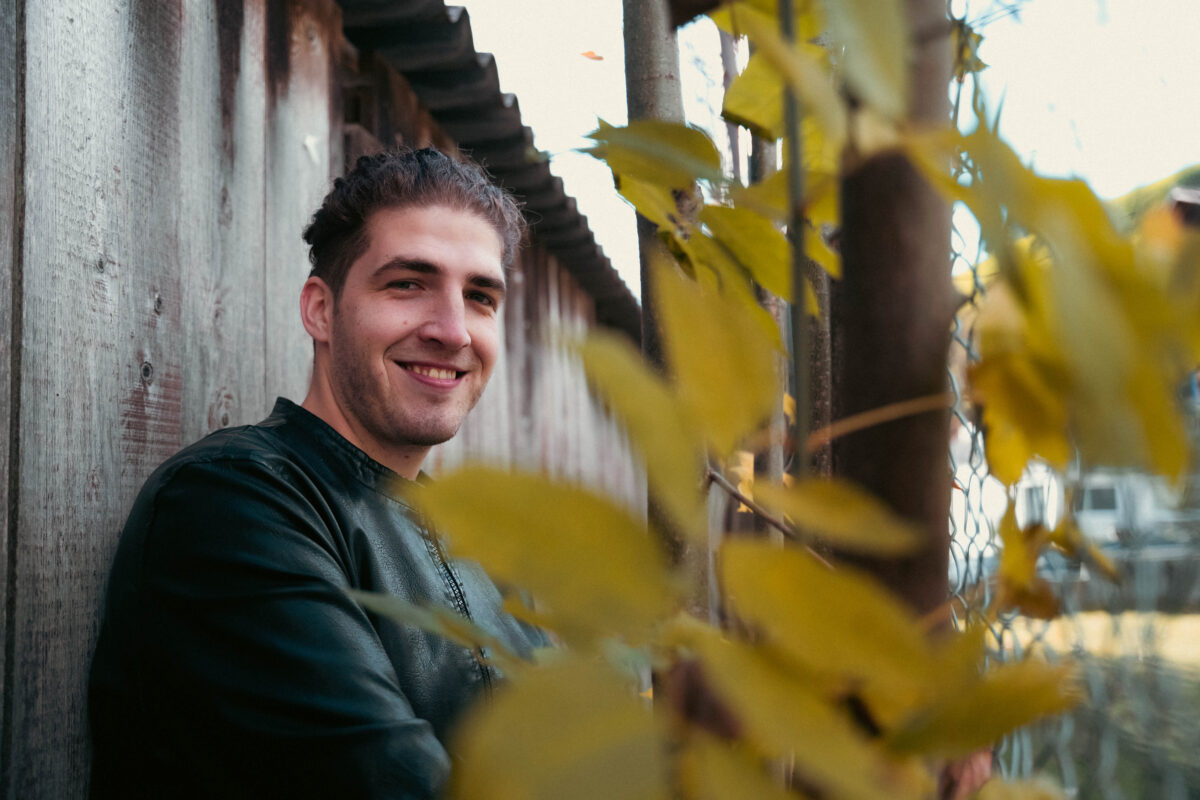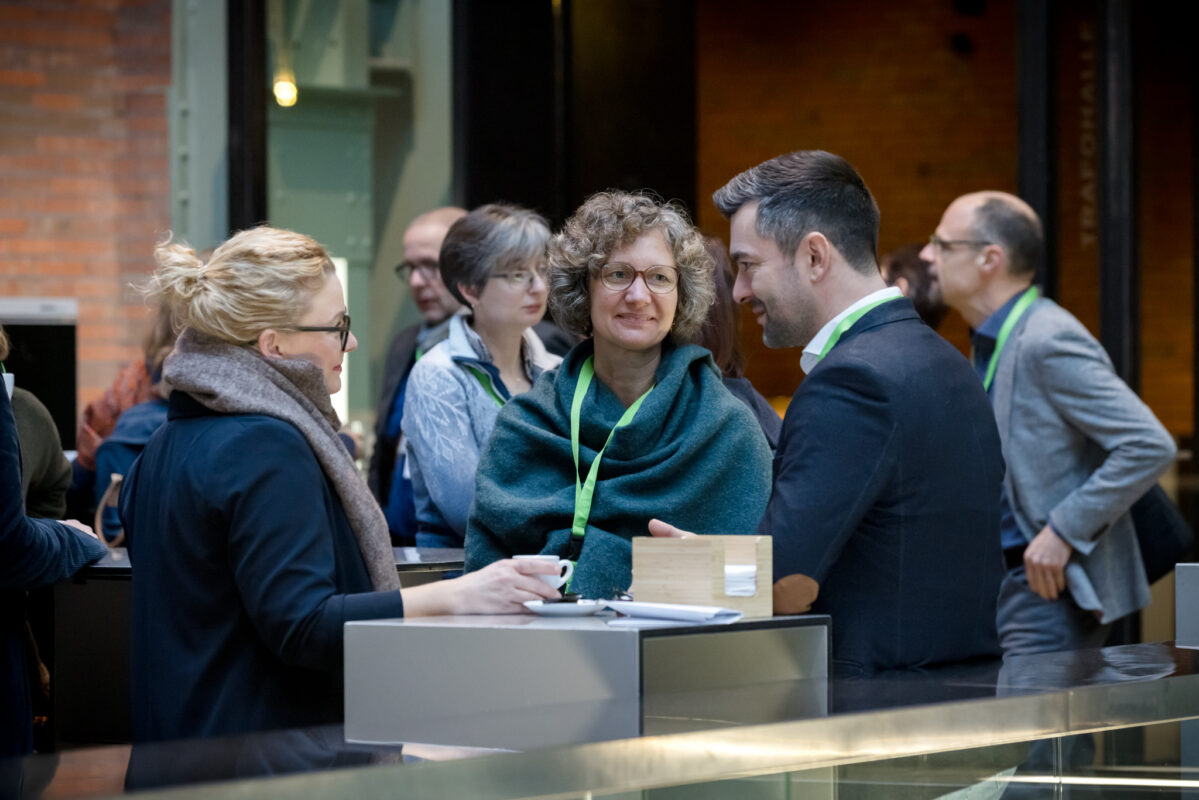Innovation is in the mind
At the Forum Musikalische Bildung, participants will take part in a workshop on "Design Thinking", a user-centered method that enables diverse teams to develop innovative solutions. Simona Hofmann and Urs Dätwiler from Zukunftslabor, who will lead the afternoon, are convinced that the best ideas do not have to be world-changing - and that every team comes up with innovative ideas.

Simona and Urs, you write on your website that innovation is a must these days. Why is that?
Urs Dätwiler: Exactly, we even say"Innovation means survival" in a rapidly changing world. So much is happening with digitalization and now also with AI - if you don't evolve, you run the risk of going under.
That could certainly be seen as negative - innovation out of necessity, so to speak. What is positive about innovation?
Simona Hofmann: Discovering new things is exciting per se. People are often a little afraid of change, but it offers a lot of potential.
Urs Dätwiler: Switzerland has been the world champion in the Global Innovation Index for ten years - so we are already pretty innovative! What we offer with the Future Lab is process-based, method-supported innovation work, especially for small and medium-sized companies and organizations that don't have their own research department.
Is innovation expensive?
Urs: The way we look at innovation, it doesn't have to be expensive. Innovation is in the minds of an organization - all in all, this results in an incredible surplus of innovation that just needs to be tapped into. Unfortunately, this is done far too rarely.
Simona: Changes don't always have to be huge - sometimes they can be small and implemented very quickly and still have a big impact.
Urs: Of course, even small changes are associated with uncertainty. That's why we always say that the majority of operations must continue as normal - but a small proportion can take time out of their daily routine to work on changes. But not dictated from above or from outside, but from within, together with those involved.
If you assume that innovation is in people's heads - does that also have to do with trust? Trusting your team to come up with cool ideas?
Urs: Definitely. Our approach is to bring together people with specific expertise from their respective departments. This results in eureka moments.
Simona: We experience this every time. The best ideas come from working together.

Do you have an example of such sometimes small ideas?
Urs: We recently went on an innovation trip with an entire school. In kindergarten, the children suggested postponing the snack break - they would rather come to the kindergarten, start the day together and then eat their snack instead of playing for a while first. The childminders immediately put this into practice. And after the process, a member of the school management introduced free workshops that enabled them to work on projects. A short time later, pupils were able to sign up for workshops such as dance, art and theater.
Music schools are structurally rather static. Is innovation realistic?
Simona: Even if the structure is static - people never are. Ideas can arise anywhere. How do we organize closing events such as concerts? How do we integrate electronic instruments or AI? Or could we repaint the walls to make them friendlier?
Urs: What we won't get rid of: learning an instrument means practicing, and that's that. You need a craft. With Design Thinking, however, we put the student at the center and look at how we can get young people excited about an instrument and thus also the craft.
Simona, you studied at the Teatro Dimitri and are active in the cultural scene - do you see it as innovative?
Simona: I think the idea of innovation is there, but more in detail. Often everyone works on their own, even out of necessity. However, I see the younger generations working together much more often. It is also the case in culture: together we are stronger and can achieve more. I am convinced of that.
In summary, it can be said that things are better and more innovative in a group - and innovation is always possible?
Urs: Exactly. At the Forum Musikalische Bildung, we are giving an impetus to this with teams made up of people from all over Switzerland. We will simply stir things up and not judge them. If someone then has the desire to try something within the framework of the circumstances, we have already achieved a lot.
The workshop on Design Thinking will take place on the second day of the Forum Musikalische Bildung 2025 on January 17 and 18, 2025.
More information and registration for the Forum Musikalische Bildung 2025: www.musikschule.ch








